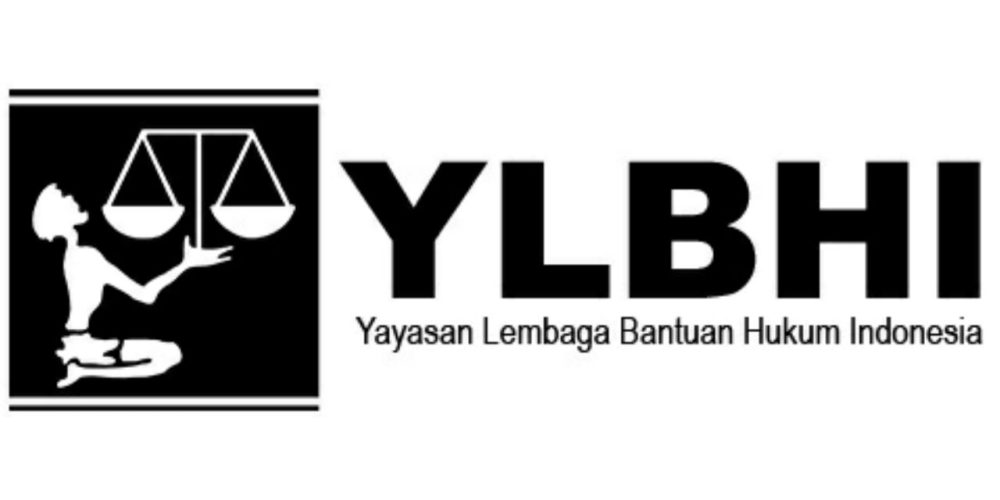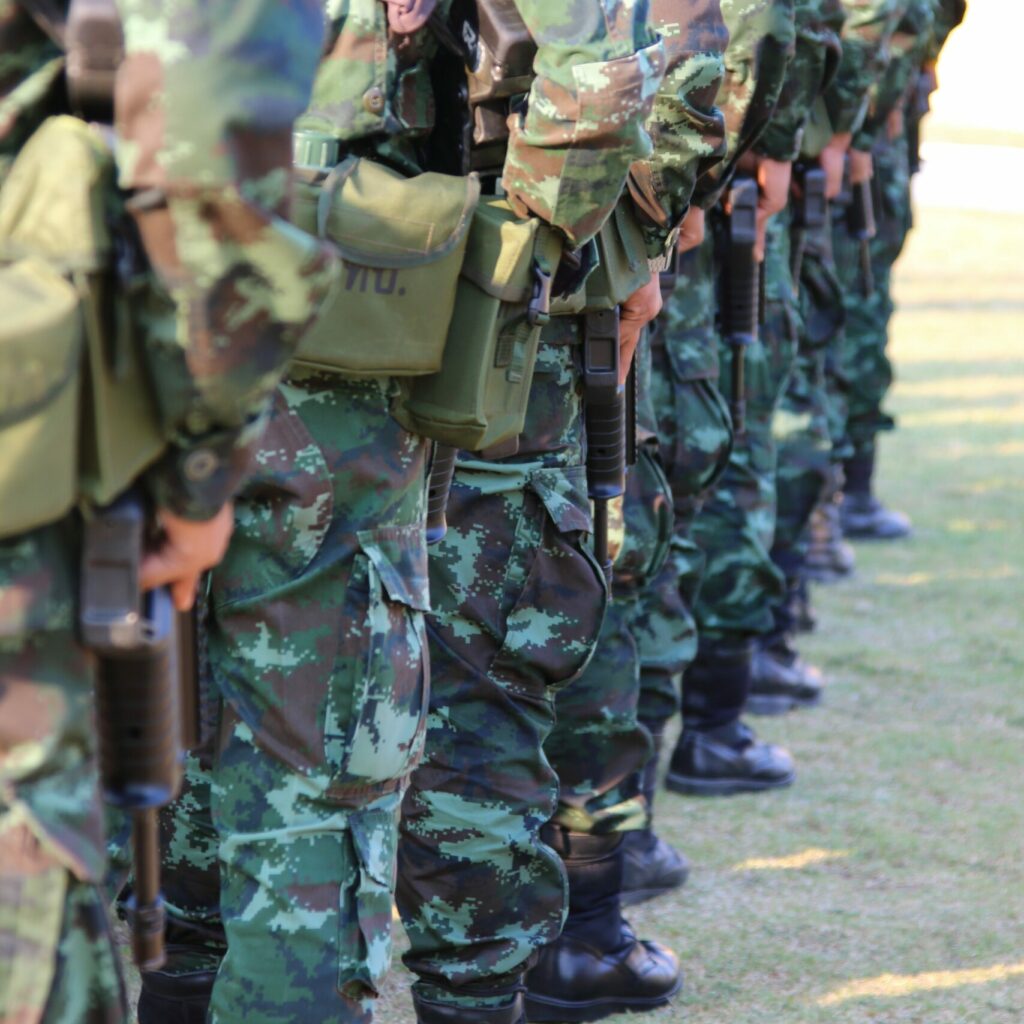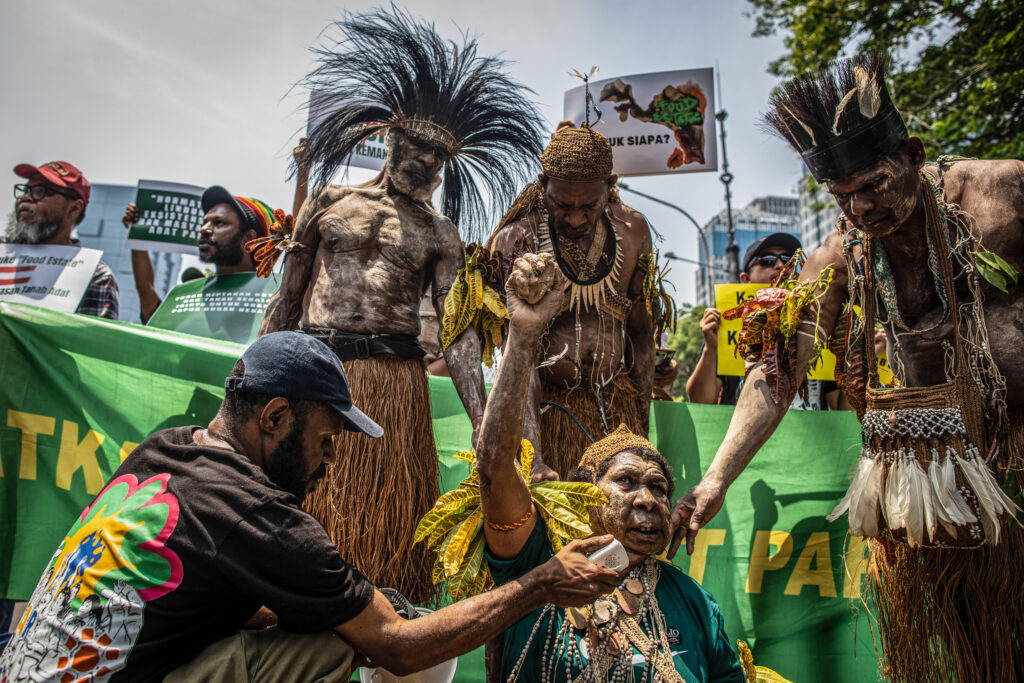Military assistance in civilian matters during Reformation era has been a serious problem of democracy in Indonesia. Miltary involvement in civilian area to guard internal security has been going wrapped by ‘military operation other than war’. The involvements are often infringed and violated the TNI Act as evidenced in various Memorandum of Understandings (MoUs) signed between the TNI and State Ministries/Bodies.
Not only MoUs, there are also Circulars issued by State Institutions that in contrary to the TNI Act. As an example, mid 2017 the Governor of West Sumatera issued a Circular No. 521.1/1984/Distanhorbun/2017 on Support for Rice Planting Acceleration Movement that orders farmers to plant rice 15 days after harvesting. When sowing is not done after 30 days, then Koramil (Military Sub-district Command) and Farming Technical Implementation Unit (UPT) will take over the management of the land. The Governor considered that the circular is to support the national food sustainability program instructed by Jokowi to the Agriculture Ministry and Commander of TNI.
The latest is when the TNI and Indonesian Police (POLRI) signed an MoU titled “TNI Assistance to the POLRI in order to Maintain Security and Public Order”. The MoU was signed on 23 January 2018, by Tito Karnavian, Chief of Police and Hady Tjahjanto, TNI Commander. In the MoU it is elaborated that the scope of cooperation includes handling protests, labour strike, unrest, social conflict, securing citizens and/or government’s activities that have conflict potential, and other situations that needs assistance in accordance with the law.
We divide the problems on the MoU to formal and material issues below:
- Formal issues
Based on legal-formal perspective, the TNI can assist the Police for security and public order based on Article 7 Paragraph (2)(b)(10) of Law No. 34 Year 2004 under these procedures and requirements:
- First, assistance in order to implement security and public order tasks shall be based on laws. While the document signed was a MoU, which not even listed as one of the legal regulations in Indonesia.
- Second, the authority and responsibility to deploy TNI’s force is on the President (Article 3 Paragraph 1 of TNI Act). The TNI Act do not give the authority to deploy TNI force to the Commander in Chief; this is to uphold civilian supremacy. Therefore the Assistance MoU is an anomaly without any legal decision from the President, especially in a government that uphold civilian supremacy.
- Third, on the deploying the TNI force, the President has to obtain permit from the House of Representatives except during emergency to counter military threat and/or threat of force then President can directly deploy TNI force (Article 17 and 18 of the TNI Act). Basically, based on Article 7 Paragraph (3) of TNI Act, military operation for war or non-war needs to be enforced through the Government’s political decision. A memorandum of understanding is not a political decision of Government.
- Material issues
The existence of MoU will strengthen militarism and go against the elimination of military’s dual function that has been achieved through the Reformation, 20 years ago. Our rejection of the militarism shall not be interpreted as rejecting the military of a whole while prioritizing civilians. The rejection is directed to the combined function between military and civilian force. The leader of civilian force could also be militaristic when s/he combined both functions.
Moreover, the MoU has the potential to infringe the citizens’ rights to express their thought, opinion, and labours’ right to strike. The freedom to express opinion in public is a human rights guaranteed under Article28, 28E Paragraph (2) and (3) of the Constitution, Article 19 of the UDHR and the ICCPR. Under Indonesian Human Rights Law, right to strike is guaranteed under Article 25 of Law No. 39 Year 1999 on Human Rights. In fact, maintenance of security in several protests have involved TNI, such as those did in industrial area, labour rally on World Day for Decent Work on 7 October 2017, labour protest on wage in front of the Jakarta City Hall (10 November 2017), and dispersal and beatings of student protest by the TNI in Makassar (15 December 2017).
Based on above-mentioned, the Indonesia Legal Aid Foundation (YLBHI), and 15 Legal Aid Institutes (LBH): LBH Jakarta, LBH Banda Aceh, LBH Medan, LBH Pekan Baru, LBH Padang, LBH Palembang, LBH Bandar Lampung, LBH Bandung, LBH Semarang, LBH Yogyakarta, LBH Surabaya, LBH Bali, LBH Manado, LBH Makassar, dan LBH Papua urge:
- President Joko Widodo to annul the MoU between TNI and POLRI on TNI Assistance to POLRI concerning security, and other MoUs of TNI that are in contrary to the TNI Act;
- Commission I and III of the House of Representatives to enforce their oversight mandate to urge the Government to annul the MoU between TNI and POLRI;
- The Government and the House of Representatives to develop a Law on Military Assistance which govern specifically when the military can get involved in non-war situation.
2 February 2018
- Asfinawati (Chair of YLBHI, 08128218930)
- Alghifari Aqsa (Director of LBH Jakarta, 081280666410)
- Mustiqal Putra (Director of LBH Banda Aceh, 085260192443)
- Surya Adinata (Director of LBH Medan, 081263285103)
- Era Purnamasari (Director of LBH Padang, 081210322745)
- Aditya B Santoso (Director of LBH Pekanbaru, 081277741836)
- April Firdaus (Director of LBH Palembang, 08127137958)
- Alian (Director of LBH Bandar Lampung, 085279000567)
- Willy Hanafi (Director of LBH Bandung, 082116166814)
- Hamzal Wahyudin (Director of LBH Yogyakarta)
- Zainal Arifin (Director of LBH Semarang, 085727149369)
- M Faiq Assiddiqi (Director of LBH Surabaya, 081336181940)
- Dewa Adnyana (Director of LBH Bali, 081338440652)
- Haswandi Andi Mas (Director of LBH Makassar, 081355399855)
- Hendra Baramuli (Director of LBH Manado, 081243437112)
- Simon Pattiradjawane (Director of LBH Papua, 081344671831)




